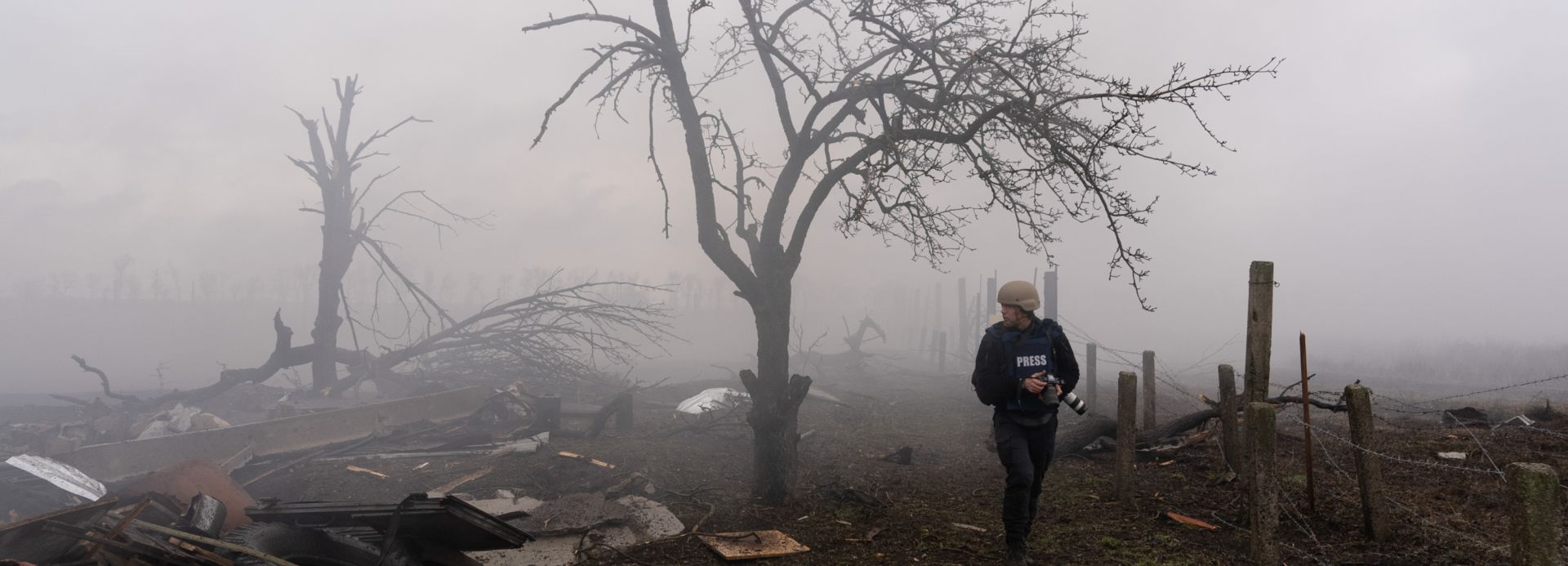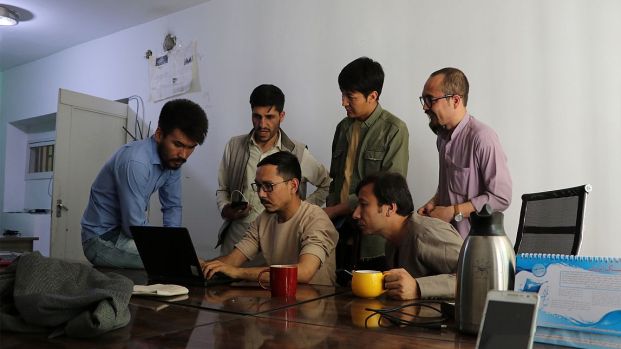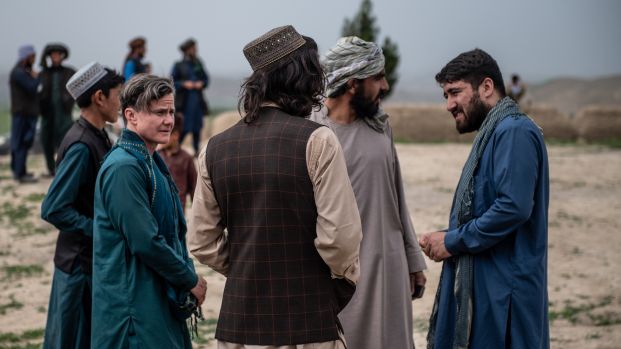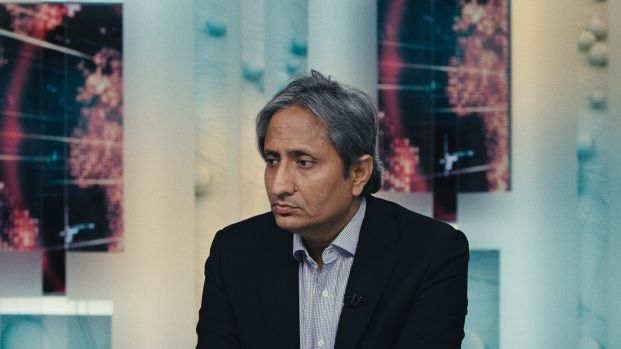
Can stories change lives? As humanitarian journalists, we think so.
An essay by Josephine Schmidt, Executive Editor, The New Humanitarian
For us at The New Humanitarian — the only global newsroom dedicated to covering humanitarian crises – ‘story’ means fact-based reporting and analysis. Our journalism addresses all the usual suspects: wars, displacement, climate emergencies, hunger, public health risks (think Covid-19, Ebola or surges in cholera) etc., and the toll they are taking on communities.
We understand if, at first glance, it seems that we humanitarian journalists are in the business of hopelessness. In a lot of humanitarian reporting, bad news comes hard and fast.
When you take a look at our site or social feeds, you’ll see that much of our coverage of late has focused on the relentless piling-up of climate emergencies. Hunger looms large – often another result of our changing climate. And as always, women and girls are bearing the brunt of many of these crises.

Wir können verstehen, wenn es auf den ersten Blick so erscheint, als habe unser Journalismus nur Hoffnungslosigkeit zur Folge. Die humanitäre Berichterstattung übermittelt prekäre Nachrichten – und zwar hart und direkt.
Wer sich auf unserer Website oder auf unseren sozialen Kanälen umschaut, wird feststellen, dass sich ein Großteil unserer Berichterstattung in letzter Zeit auf klimabedingte Notlagen konzentriert hat. So ist Hunger ein zentrales Thema – oft als Folge des Klimawandels. Und wie immer tragen Frauen und Mädchen in vielen dieser Krisen die Hauptlast.
As humanitarian journalists, we place a special focus on ‘forgotten crises’ – chronic conflicts and upheavals that rarely make international mainstream headlines. Ukraine is fading from public awareness, Syria and Yemen pop up occasionally, and once in a while Ethiopia might make an appearance. We cover all of those regions, but we are also committed to exploring how the rise of gangs are changing lives in parts of Latin America, how more than a million Rohingya are living in camps in Bangladesh and how people are rebuilding after the Syria-Turkey earthquake.
But to do our jobs well, our journalism has to push past hopelessness. It must offer a way forward. And that’s where storytelling comes in as a tool to amplify the voices of real people and chronicle not only what has happened but why, who or what is accountable, and what steps can be taken to help people at least begin to rebuild their lives. That’s why we report on mutual aid networks powering Sudan’s humanitarian response and Syrian families starting over in Germany.
As journalists, we have the power to challenge false narratives – often narratives tied to a specific system of thinking or politics, to legacies of colonial rule or other inequities. We have the responsibility to not only chronicle what has happened but to tell stories that allow all of us to look ahead, to imagine something better and begin to build it. And I have faith that this will leave you and other readers with the feeling that there is in fact hope ahead.




